
The scale of Windows 8.x’s failure is staggering
Once a month I report on the desktop operating system market share using data from NetMarketShare. The changes in fortune between the different flavors of Windows is usually fairly minimal -- a percentage point gained here, a percentage point lost there. And usually the rise or fall is a lot less than one percent, although as a month is quite a small time scale to measure market share changes over, and we’re talking about millions and millions of Windows users, that’s to be expected.
I decided, out of curiosity, to take a look at what a year’s worth of market share variations would look like, using StatCounter’s Global Stats, and the results were less than thrilling, with the different operating systems showing very little change. In May 2013, Windows 7 had 56.27 percent. 12 months later it is on 55.03 percent. A drop of just 1.24 percent. Windows XP fell 6.73 percent, while Windows 8.x grew 8.16 percent. The pattern is clear -- Windows 8.x sales look to be coming from upgrades (mainly XP) but people are mostly sticking with their older operating systems. Open up the time scale however, and a more dramatic -- and damning -- picture emerges.

Shocker! Windows 8.1 actually shows strong growth
I say "shocker", but with all the cards stacked in its favor -- XP users forced to look for a new OS, Windows 7 being pretty hard to get hold of, and an update designed to make Windows 8.1 more appealing to keyboard and mouse users -- if Windows 8.1 hadn’t grown market share in April then it would have been pretty much game over for the tiled OS.
Even with all that in its favor, according to NetMarketShare’s monthly Desktop OS sampling, Windows 8.x still had some stiff competition from Windows 7 which also packed on market share, taking the shine off the new OS’s achievements.

Want a second opinion on how badly Windows 8.x is doing?
This year’s Build developer conference is set to get underway shortly, and Microsoft will, among other things, be introducing a major update for Windows 8.1 designed to make it more appealing to keyboard and mouse users.
Yesterday I reported on NetMarketShare’s breakdown of desktop operating system market share in March, which showed XP losing some ground, Windows 7 growing nicely, and Windows 8.x creeping upwards still, but very slowly. Today StatCounter releases its figures, and while the percentages are different, the overall picture remains just as gloomy for Microsoft’s tiled operating system.
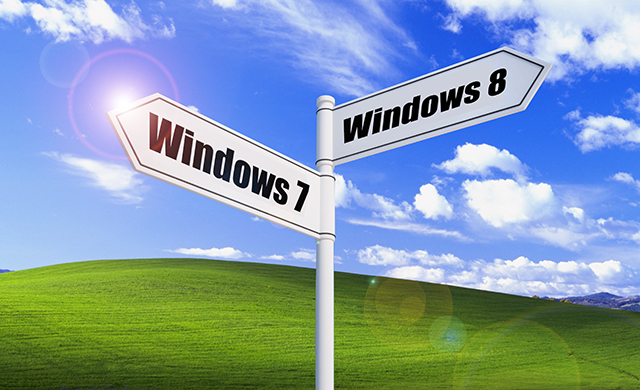
Where are XP users moving to? Windows 7
In a week Windows XP will reach its end of life. Microsoft has done its best to tell people they need to switch operating systems or face the consequences, but if the latest desktop OS share trend from NetMarketShare is anything to go by, Windows XP users really don’t seem too worried. In March, XP’s share dropped just 1.84 percent, from 29.53 percent to 27.69 percent. Hardly the signs of a mass exodus, although at least the share fell this month, unlike the previous two, when XP usage actually went up.
Microsoft has, naturally enough, pushed XP users towards upgrading to Windows 8.x, or "new Windows" as the tech giant likes to refer to it, but Windows 7, or "old Windows" proved yet again to be far the bigger draw.
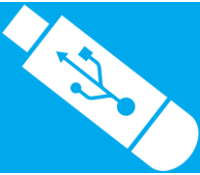
APUSB 47 restores USB drive autorun to Windows 7 and 8
At first, Windows AutoRun seemed like a very good idea. Just connect a removable drive, and as long as it’s configured correctly, a program is automatically launched to help process your files (or whatever else you want to do).
But then, of course, malware authors realized that this was a great way to infect PCs without anyone ever noticing. Individual users could turn AutoRun off, but eventually Microsoft decided this wasn’t enough, and the feature was disabled for all but optical media in Windows 7.

For the second month in a row, Windows XP shows stronger growth than Windows 8.x
It's a new month and so once again NetMarketShare reports desktop share for all of the major operating systems. What's interesting this month is all versions of Windows showed fairly minor changes. Whether dropping or gaining, the differences in share were minimal.
However, one inescapable truth is clear from the figures. While Windows 8.x might finally have shifted 200 million licenses, use of the OS has pretty much plateaued. In February, Windows 8's share declined from 6.62 percent to 6.38 percent, a drop of -0.24. Windows 8.1 increased shared from 3.94 percent to 4.30 percent, rising by 0.36. Combined, Windows 8.1 grew by just 0.12 percent.

Windows 8.x STILL seriously underperforming compared to Windows 7
Windows XP gained a little market share in January -- making for a nice, fun headline -- but the real point of that story is how poorly Windows 8.x appears to be doing. Despite being backed by an incredible advertising and marketing push its adoption rate really is pretty awful.
Two months ago Statista compared the global market share of both Windows 7 and Windows 8.x following their respective launches, plotting the results on a graph, and as I said at the time the difference was stark. Windows 7 showed a steep upwards trend, while Windows 8.x appeared to be heading for a plateau. Statista has since updated its chart, and the difference in fortunes between the two operating systems is now even more pronounced.
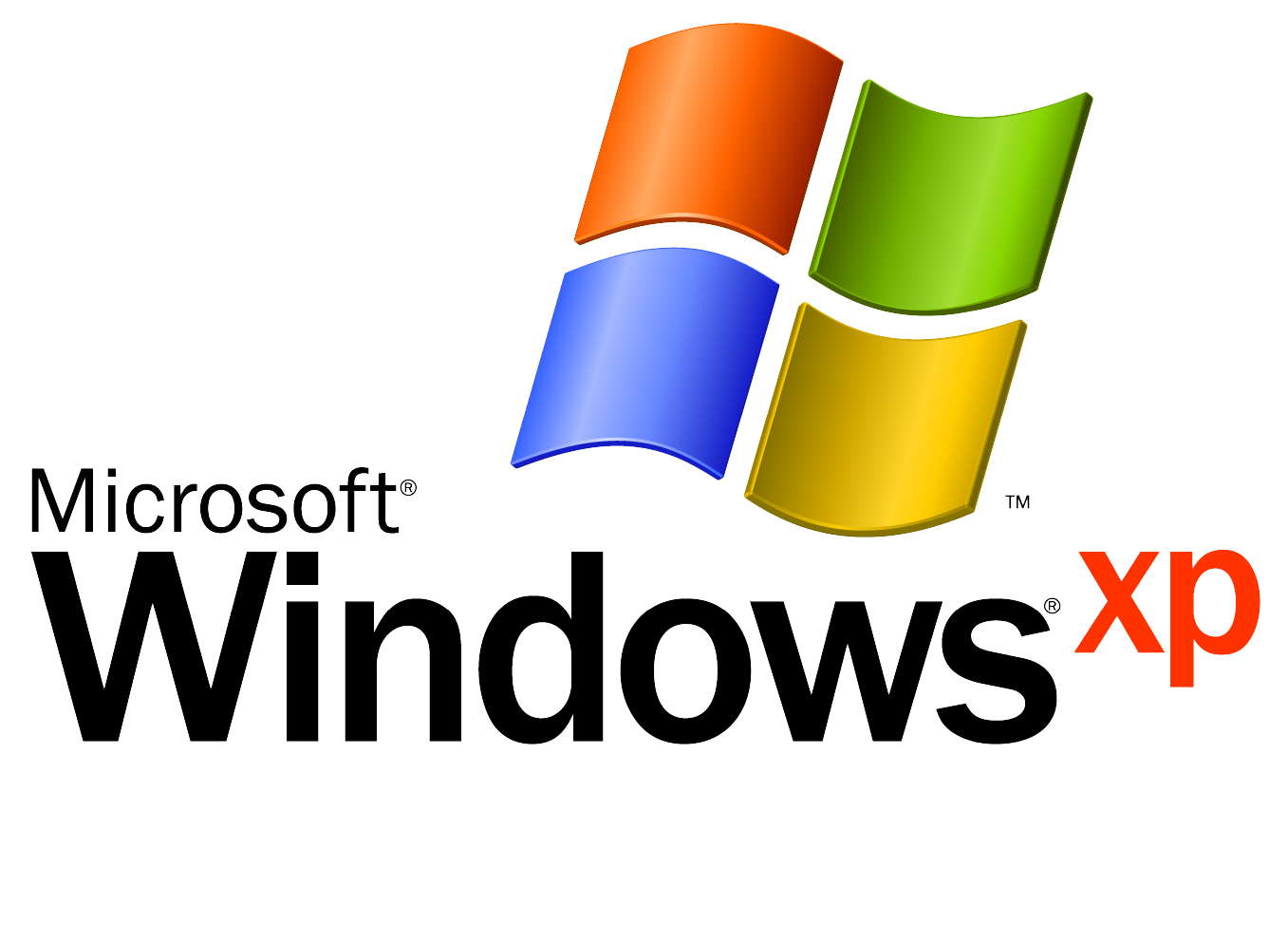
Windows XP showing much stronger growth than Windows 8.x -- Yes XP!
I have to admit I look forward to seeing NetMarketShare’s monthly breakdown of desktop OS market share. The figures always provide a great talking point. You can pretty much guarantee that Windows 8’s share will decline, Windows 8.1’s share will increase, and combined the tiled OS’s growth will be outpaced by one of the older versions of Windows.
Usually it’s Windows 7 that’s showing the top growth. Sometimes besting Windows 8.x by a tiny amount, other times absolutely trouncing its newer sibling. But this time around, there’s a brand new leader in the growth stakes, and it’s a 13 year old OS that’s set to reach its end of life in April.
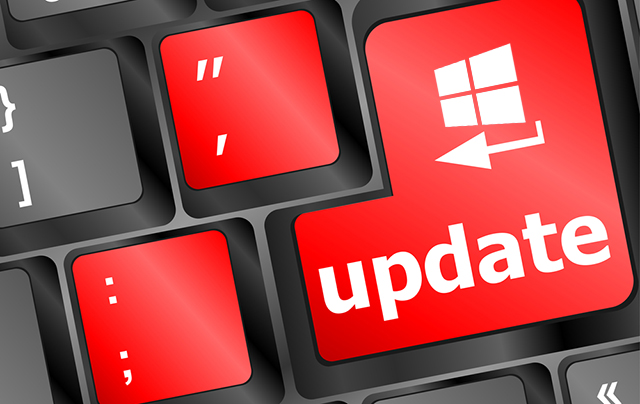
Quiet Patch Tuesday for January with only four Important bulletins
January's Patch Tuesday has seen only four bulletins, with no Critical ones (hooray!) and no patches for Internet Explorer. However, the four bulletins are rated Important and users should apply the related patches as soon as possible.
According to security specialist Trustwave two of the vulnerabilities result in a privilege elevation and a third involves remote code execution utilizing an Office document.

Windows 8.x claims 10% market share, but Windows 7’s massive gain is the real story
Great news for fans of Windows 8 and 8.1, Microsoft’s divisive operating system has finally claimed 10 percent of the desktop market. According to NetMarketShare, which monitors such things, in December Windows 8 lost 0.01 percent share, but Windows 8.1 grew by 0.86 percent. Windows 8 now has 6.65 percent of the market and Windows 8.1 is sitting on 3.5 percent, bringing the OS’s combined share to 10.15 percent. Great job Windows 8.x.
However, as seems to regularly be the case, the new operating system’s gain was dwarfed by that of its elder sibling. Windows 7 put on a growth spurt that’s nothing short of stunning.

A Start button and menu won't save Windows 8.x, but Windows 7 could
I know what you’re thinking -- BetaNews doesn’t need yet another Start button/menu story surely! But actually, I think we do, so bear with me. My colleague Brian Fagioli believes that Microsoft most definitely shouldn’t restore the Start menu in a future version of Windows, and in fact wants the OS to run "legacy" (aka desktop) software full screen like a Modern app. Mark Wilson on the other hand, thinks Microsoft should re-introduce the menu and leave the Modern UI to tablets.
Both are interesting viewpoints, and the comments accompanying the articles show that there’s a firm split in opinion among Windows users. But the Start button and menu isn’t a magic bullet. Adding it to Windows 8.2, aka "Threshold", or even bringing it back to Windows 8.1 as a mini update, as some tech watchers have suggested could happen, won’t save the day. There’s too much negativity surrounding the tiled OS -- and that’s what Microsoft really needs to work to fix.

The stats don't lie: Windows 8.1 seriously underperforming compared to Windows 7
Following Windows market share on NetApplications, as I do every month, it’s clear to me that Windows 8.x isn’t the hit Microsoft hoped for. There are several reasons for this, all of which I’ve discussed previously -- dwindling PC sales, users dislike of touch and the Modern UI, and so on.
Last month Windows 7’s growth outpaced that of Windows 8.x by four fold, and it’s not the first time the older OS has proven the more popular choice either. It’s becoming something of a regular occurrence. Adoption of the tiled OS is slow, very slow. Especially compared with the strong pick up Windows 7 enjoyed from the start.

Windows 7's growth dwarfs that of Windows 8 and 8.1 combined
November was not a good month for Microsoft’s tiled operating system. While Windows 8.1’s market share grew, Windows 8’s share dropped (to be expected as users upgrade). But the real kicker for Microsoft was Windows 7’s growth which saw the older OS easily besting Windows 8.x’s gains.
I really like Windows 8.1 and when people ask me if they should upgrade to the new operating system I say yes, and reel off a list of reasons. But I feel deep down like I’m championing a presidential candidate who no one is ever going to vote for.
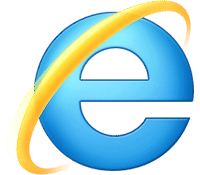
Internet Explorer 11 for Windows 7 is all about performance
Microsoft has officially released the final version of Internet Explorer 11 for Windows 7. The latest iteration of its evergreen web browser ships with a firm focus on performance, with the promise of a 9 percent improvement over IE10.
There’s little visible difference between Internet Explorer 11 and its immediate predecessor for Windows 7 users -- none of the added functionally in the Windows 8.1 release has found its way into this build.
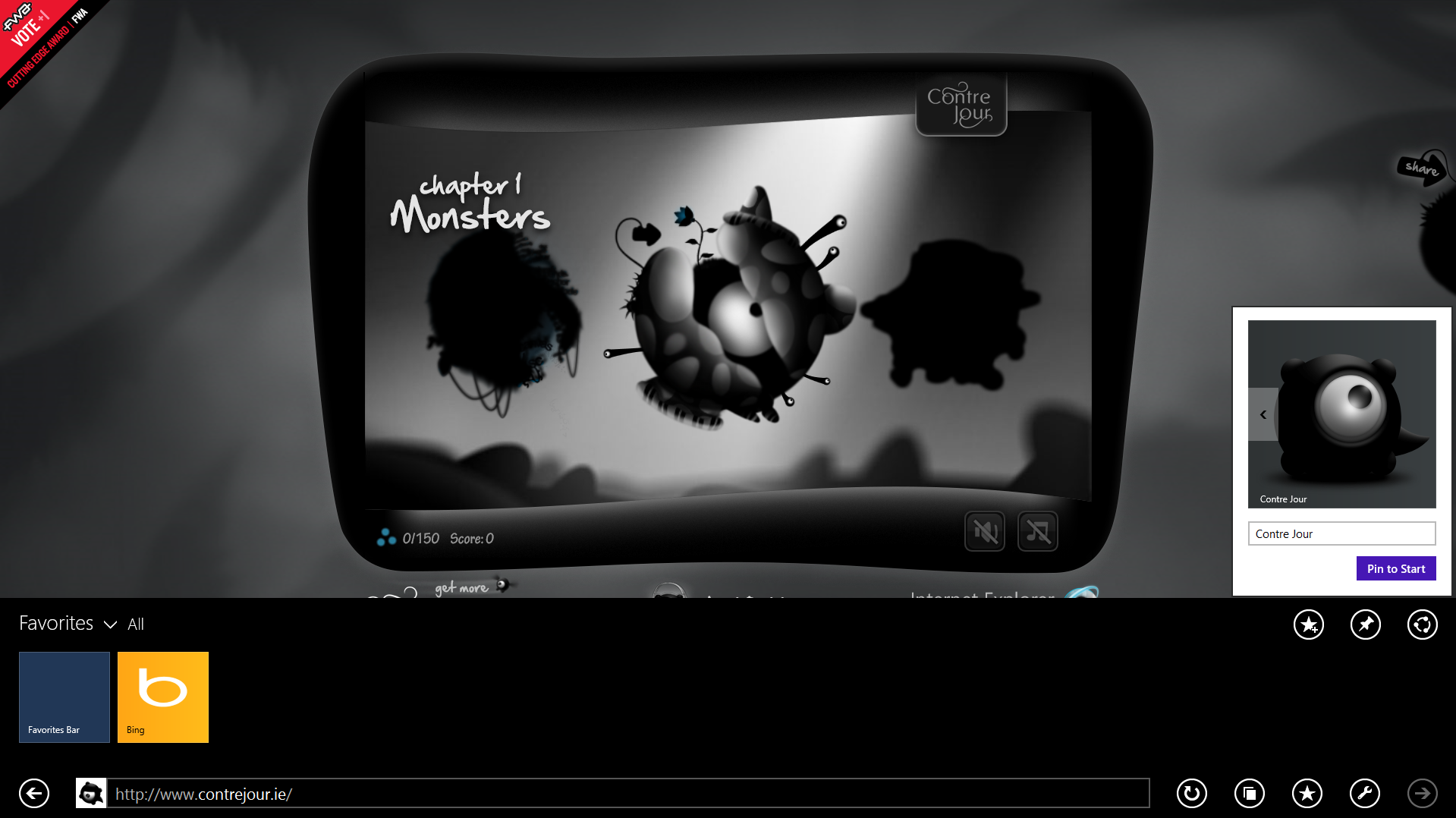
Microsoft releases Internet Explorer 11 for Windows 7, grab your copy now!
Microsoft shows no signs of slowing down. After unveiling a major update to Office Web Apps, today the software giant releases the stable version of Internet Explorer 11 for Windows 7. The latest iteration of the popular browser debuted alongside Windows 8.1 in mid-October and like its predecessor it forgoes supporting older versions of the operating system.
And because Windows 8.1 is being offered as a free upgrade to Windows 8 users, and Microsoft expects everyone to take this step, Internet Explorer 11 is not officially available for the latter OS either. It is a Windows 8.1 and Windows 7 affair only, which speaks volumes of Microsoft's ongoing efforts to drastically reduce Windows XP's market share and push the two Internet Explorer 11-supported operating systems to the forefront.
